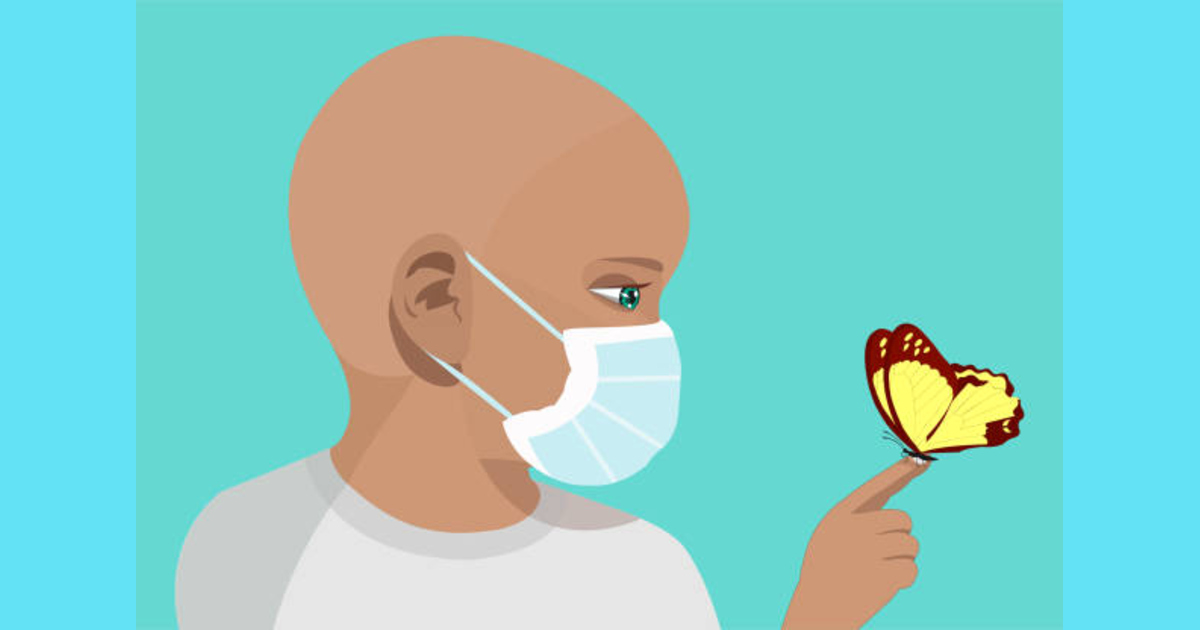Surviving childhood cancer in the United States, where nearly 16,000 children are diagnosed annually, comes with a hidden cost—mental health challenges. Let’s learn how it takes a toll on children.
The Mental Health Impact of Surviving Childhood Cancer
A JAMA Pediatrics analysis revealed that young cancer survivors face an increased risk of depression, anxiety, and psychotic disorders post-remission compared to their peers.
Dr. Asha Patton-Smith, a child and adolescent psychiatrist, explains that the traumatic experience of battling cancer and enduring extensive treatments can trigger anxiety and post-traumatic stress disorder.
For Olivia Stern, diagnosed with leukemia at 12, the mental health impact of treatment persists at 22. Generalized anxiety disorder, therapy, and medication became part of her life.
Survivor’s guilt and fear of relapse are constant companions, making her feel the pressure to make the most of her second chance.
Reintegrating into normal life can be daunting for survivors like Courtney Toney, diagnosed with a rare form of cancer at 15. The shift from life-threatening concerns to everyday worries felt overwhelming. The fear of relapse and survivor’s guilt haunted her as well.
Dr. Asher Marks, a pediatric neuro-oncologist, states that anxiety, depression, and loneliness are common among childhood cancer survivors. Frequent medical check-ups for potential recurrence keep the experience fresh in their minds. Concerns about long-term side effects, like organ damage from treatment, persist.
Age at diagnosis plays a role, with younger children bouncing back easier initially but potentially experiencing mental health struggles later due to survivor’s guilt, unresolved trauma, or cognitive impairment.
Even very young survivors, like 5-year-old Elliot Scales, can develop anxiety related to doctor’s appointments and the constant attention. His mother, Myrna, worries about his future mental health.
To address these challenges, experts emphasize early interventions, therapy, and raising awareness. Dr. Marks considers all childhood cancer patients at high risk for mental health issues and focuses on building coping skills and resilience. Group therapy and medication can help.
The importance of addressing mental health post-treatment is now recognized, with many hospitals, like Children’s Hospital of Orange County (CHOC), incorporating mental health services into cancer treatment.
However, survivors like Stern wish for more support and a community to discuss how childhood cancer has shaped their lives.
While progress has been made in addressing mental health, there is still room for improvement in providing comprehensive support for survivors’ mental well-being.








Leave a Reply
You must be logged in to post a comment.